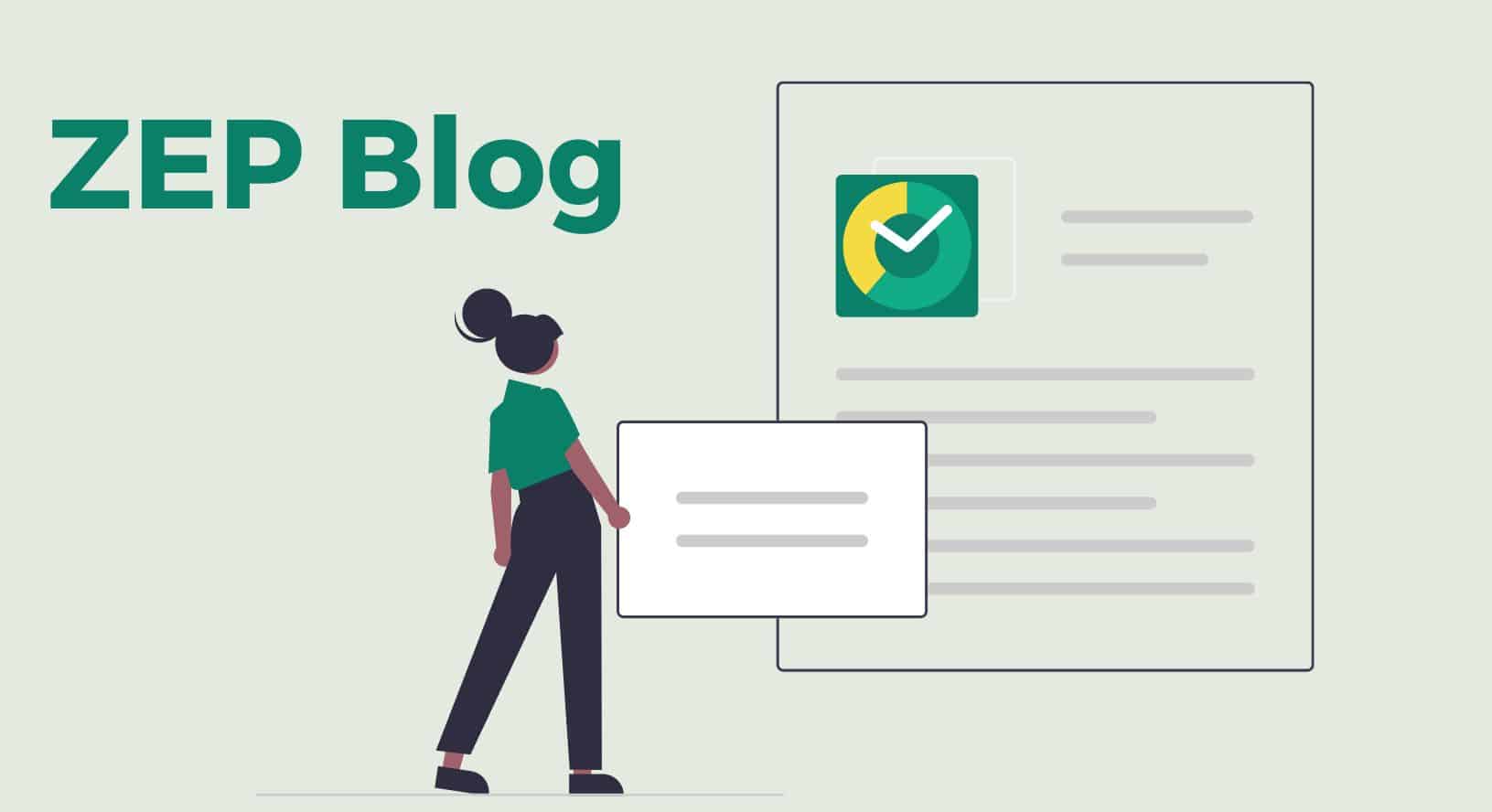In a ruling in autumn 2017, the Federal Labour Court (Bundesarbeitsgericht, BAG) decided that piecework and performance bonuses must also be counted towards the minimum wage entitlement.

In einem Urteil vom Herbst 2017 hat das Bundesarbeitsgericht (BAG) entschieden, dass auch Akkord- und Leistungszulagen auf den Mindestlohnanspruch anzurechnen sind. Für den Arbeitgeber bedeutet dies, dass er auch mit der Zahlung derartiger Lohnbestandteile den Anspruch auf Mindestlohn erfüllt. Der Arbeitnehmer wiederum kann nicht verlangen, dass solche Leistungszulagen zusätzlich zum Mindestlohn gezahlt werden.
Im vorliegenden Fall hatte eine Montagehelferin geklagt, die im Jahr 2015 einen Lohn erhielt, der sich aus einem Grundstundenlohn von brutto 6,22 Euro und einer leistungsabhängigen Stundenzulage von brutto 2,30 Euro zusammensetzte. In Summe ergaben sich daraus brutto 8,52 Euro pro Stunde, also gerade einmal zwei Cent über dem damals gesetzlich geltenden Mindestlohn von 8,50 Euro. Mittlerweile liegt er bei 8,84 Euro (seit 1.1.17).
The Federal Labour Court had decided against the assembly helper in the last instance. und deren Revision abgelehnt. In seiner Urteilsbegründung erklärte das BAG, die Klägerin hätte nachweisen müssen, dass die strittige Leistungszulage entweder nicht der Abgeltung der Arbeitsleistung dient oder auf einer besonderen gesetzlichen Zwecksetzung beruht. Dabei bezieht das BAG auch ausdrücklich Stellung zur unterschiedlichen Auslegung von Gewerkschaften und Arbeitgebern, was der Mindestlohn genau beinhaltet.
Die Gewerkschaften argumentieren, dass der Mindestlohn lediglich eine Art „Grundlohn“ für die „Normalleistung“ des Arbeitnehmers sei, der um weitere Lohnbestandteile ergänzt werden kann (z.B. Gratifikationen, Urlaubs-/Weihnachtsgeld, Überstunden, Nacht-/Feiertagszulagen).
Die Arbeitgeberseite hält dagegen, dass alle Lohnbestandteile mindestlohnrelevant sind, zumindest wenn sie monatlich regelmäßig gezahlt werden.
Mit seinem Urteil stützt das BAG die Arbeitgebersichtweise. Es erklärt, dass der Begriff der „Normalleistung“ keinen Eingang in den Wortlaut des Mindestlohngesetzes gefunden hat.
Mit ZEP Clock bietet die ZEP GmbH, eine kostengünstige, flexible und sofort einsatzbereite Lösung zur Arbeitszeiterfassung und hilft damit Unternehmen dabei, ihre Dokumentationspflicht nach § 17 MiLoG vollumfänglich zu erfüllen. Laut § 17 Mindestlohn-Gesetz (MiLoG) geltende Regel, nach der der Arbeitgeber verpflichtet ist, die Arbeitszeiten geringfügig beschäftigter Mitarbeiter (Minijobs) zu erfassen und zu dokumentieren.
ZEP Clock basiert auf der seit mehr als einem Jahrzehnt erfolgreich am Markt etablierten Lösung ZEP – Zeiterfassung für Projekte, wurde aber speziell für das projektunabhängige Erfassen von Arbeitszeiten konzipiert. Die Kernfunktionen der Lösung, die webbasiert als Cloud-Lösung angeboten wird, orientieren sich direkt an den Vorgaben des Mindestlohngesetzes. Diese Vorgaben wurden in ZEP Clock direkt umgesetzt:
For more information on ZEP Clock, please contact here available.


Read article ↗

How can you strengthen your employer brand and attract the best talent? Discover 11 effective employer branding measures that will help you stand out from the competition and optimise your recruitment strategy.
Read article ↗
We answer your questions quickly & competently. Contact us by phone or email.
+49 7156 43623-0 or contact form